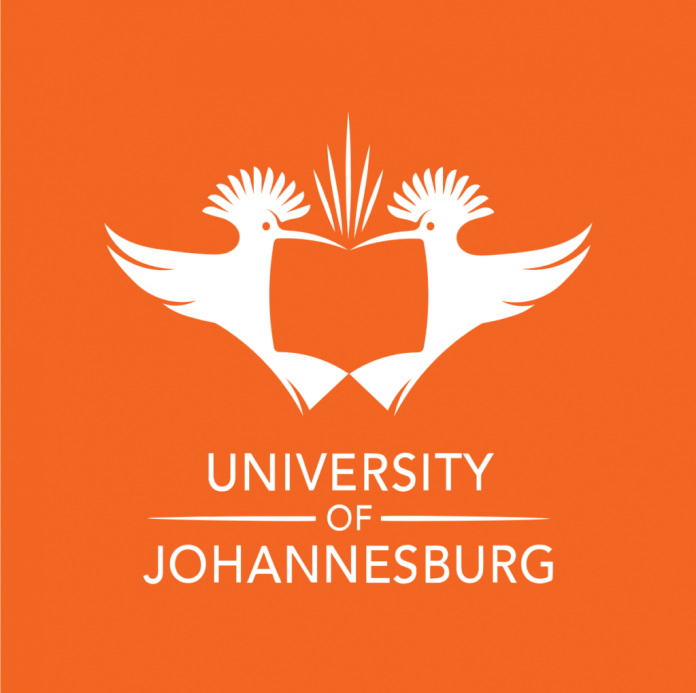In 2019, the University of Johannesburg’s (UJ) introduced a fully online MOOC (massive open online course) called Artificial Intelligence (AI) in the Fourth Industrial Revolution (4IR), to all students .
Over the past few years, UJ has intensified its outreach with full-time and fully online short learning programmes to help upskill and reskill people for current and future jobs. This is in line with UJ’s global excellence and stature (GES) 4.0 strategic objective underpinned by the Forth Industrial Revolution (4IR).
This course, which has been developed by the Division of Academic Development and Support (ADS), is part of the initiatives driven by UJ Vice-Chancellor and Principal, Professor Tshilidzi Marwala, who is a significant change agent in South Africa with regard to the 4IR.
He says the course offers an AI module for all its students, which it introduced three years ago. “The module covers what AI is, what it can do, how it’s used and some of its implications, ethically and productively. The course won’t teach you how to code but it will show you how you can expect AI to impact your life”, states Professor Marwala.
“Our vision is to position UJ in 4IR, within the context of the changes in the social, economic, and political context of the African continent,” says Prof Marwala, who is also an acclaimed academic and scientist who has authored several books, including the bestselling, Closing the Gap: The Fourth Industrial Revolution in Africa in 2020.
He adds that the module is part of UJ’s strategy to prepare students, staff, and the community, in numerous ways, for the 4IR, ensuring that UJ becomes Africa’s epicentre of critical intellectual inquiry and a leader in 4IR. “There can never be the African renaissance unless we are active agents of 4IR. The important ingredient that will ensure that we are participants and not spectators of 4IR is education; education that is correlated to the demands of the fourth industrial age and that is grounded in the Pan African agenda,” says Prof Marwala.
He emphasises that the 4IR offers huge opportunity to transform and realign our education, economics, politics, and societies as it integrates the physical with the biological and the digital, which might bring about human irrelevance. 4IR is a catalyst which will transform society and its inclusion in the curricula is therefore required.
“Be adaptable, because 4IR is really about adaptability”, concludes Marwala.
In addition to the introductory MOOC on Artificial Intelligence in the 4IR, UJ offers another second free, fully online MOOC for students, called African Insights. This course introduces students to intellectual traditions and debates in Africa. Both programmes are exciting and relevant, and students are encouraged to complete both programmes during the duration of the formal programme for which they are registered.
Members of the public now have the opportunity to enrol, for free, in either or both of these fully online MOOCs offered by the University of Johannesburg. There are no entry requirements or classes to attend, and all assessments are in the form of multiple choice questions (MCQs). There are eight (8) units to complete in both MOOCs, and a digital certificate will be issued on successful completion which may be viewed and shared with third parties or possible employers through the UJ Digital Certificate platform.
Prev Post
EducationUSA U.S. University Virtual Fairs 2021
Next Post
Facebook spotlights Pulikkali artists in a short film to celebrate Onam
UCL: Nibbling prehistoric herbivore sheds new light on Triassic diversity
UCL: UCL startup raises $500,000 in pre-seed funding following London Demo Day
UCL: First report published on UCL and the UN Sustainable Development Goals
UCL: Whether people inform themselves or remain ignorant is due to three factors
Comments are closed.
Academics
UCL: Nibbling prehistoric herbivore sheds new light on Triassic diversity
UCL: UCL startup raises $500,000 in pre-seed funding following London…
UCL: First report published on UCL and the UN Sustainable Development…
UCL: Whether people inform themselves or remain ignorant is due to…
UCL: Medical Research Council adopts UCL tool to reduce carbon…
Principal Secretary, Skill Development, Dr Asgar Hassan Samoon holds…
UCL: Astronomers discover hot, dense planet with eight-hour year
Azadi ka Amrit Mahotsav ; Culture programme held at Panchayat Ghar,…







